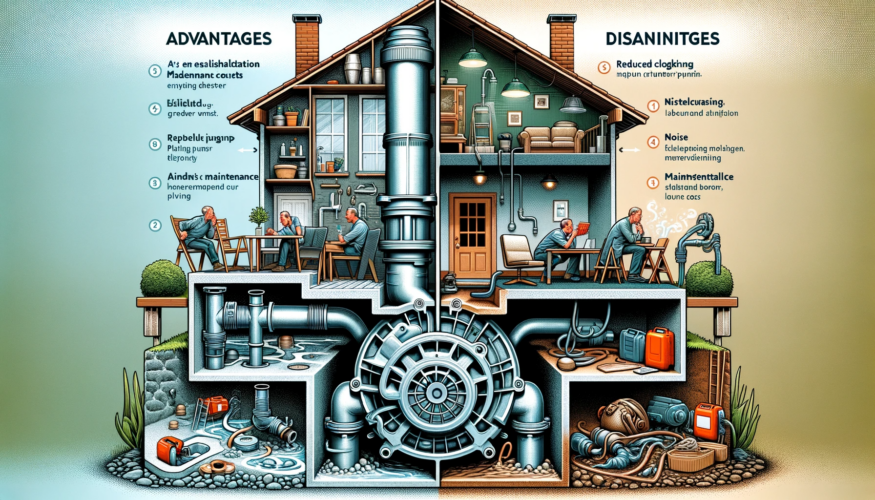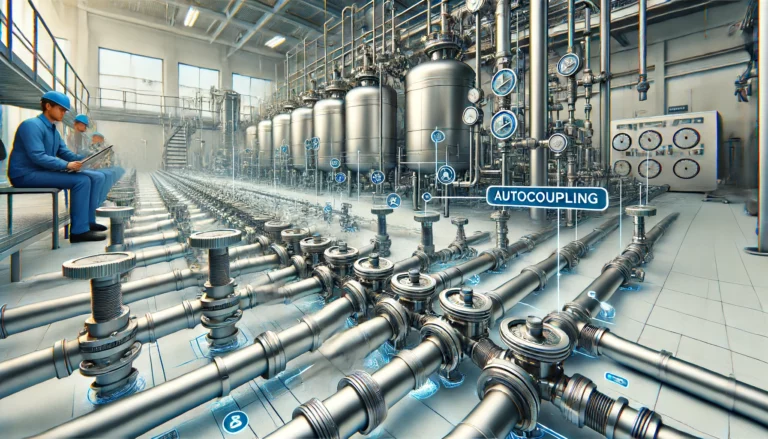Advantages and Disadvantages of Grinder Pumps: Is this Pump Type Right for Your Sewage System?
Advantages and Disadvantages of Grinder Pumps
When it comes to handling wastewater in your home or commercial building, one crucial component you might need to consider is the type of pump you use. Grinder pumps and sewage pumps are two common options, each with its own set of advantages and disadvantages. In this article, we’ll explore the world of grinder pumps and shed light on whether they are the right choice for your sewage system. Let’s dive in!

Grinder Pumps: A Powerful Solution
Grinder pumps, also known as sewage grinder pumps, are designed to handle solids up to two inches in diameter. Unlike traditional sewage pumps, which rely on centrifugal force to move sewage, grinder pumps use an impeller with sharp blades that macerate solid waste into a slurry. This slurry can then be easily pumped through the sewer system, making grinder pumps an efficient choice for sewage systems that deal with solids, including human waste.
One significant advantage of grinder pumps is their ability to handle flushable wipes and other materials that might clog a standard sewage pump. These pumps are designed to grind and move sewage and other wastewater, ensuring that the system remains free from blockages and backups. This feature is particularly important in homes and buildings where flushable wipes are commonly used.
The Efficiency Factor
Grinder pumps are more powerful compared to regular sewage pumps. They are designed to pump sewage over longer distances, often exceeding 750 feet. This makes them suitable for residential applications, commercial buildings, and sewage lift stations. Additionally, grinder pumps are known for their energy efficiency, which can result in cost savings over time.
Longevity and Durability
When properly maintained, grinder pumps are expected to last a long time. Many models are constructed with cast iron components, which enhance their durability and resilience. This longevity can be a significant advantage, especially in areas with heavy usage and high volumes of raw sewage.
The Cost Consideration
While grinder pumps offer many advantages, it’s important to note that they can be significantly more expensive than regular sewage pumps. The initial investment in a grinder pump system, including installation, may be four times higher than that of a standard sewage pump. Therefore, it’s essential to evaluate your sewage system’s specific needs and budget constraints before opting for a grinder pump.
Choosing the Right Pump for the Job
In determining whether a grinder pump is the right choice for your sewage system, consider the following factors:
- Solids Handling: If your sewage system deals with solid waste, flushable wipes, and other challenging materials, a grinder pump may be the best solution.
- Distance and Drainage: Grinder pumps are ideal for pumping sewage over long distances or uphill, making them suitable for areas with complex drainage systems.
- Energy Efficiency: If you’re looking for an energy-efficient option that can save you money in the long run, a grinder pump might be worth the initial investment.
- Budget: Evaluate your budget and compare the cost of a grinder pump system to that of a standard sewage pump to make an informed decision.
- Expected Lifespan: Consider the longevity and durability of grinder pumps in your decision-making process.
Conclusion
In summary, grinder pumps offer several advantages, including their ability to handle solids, energy efficiency, and durability. However, their higher initial cost may not be suitable for every sewage system. It’s essential to carefully assess your specific needs, budget constraints, and long-term goals when deciding whether a grinder pump is the right choice for your sewage system. By weighing the advantages and disadvantages, you can make an informed decision that ensures the efficient and reliable operation of your wastewater handling system.

